Better Days Comin': Reb Beach Talks Guitars, New Winger Album and More
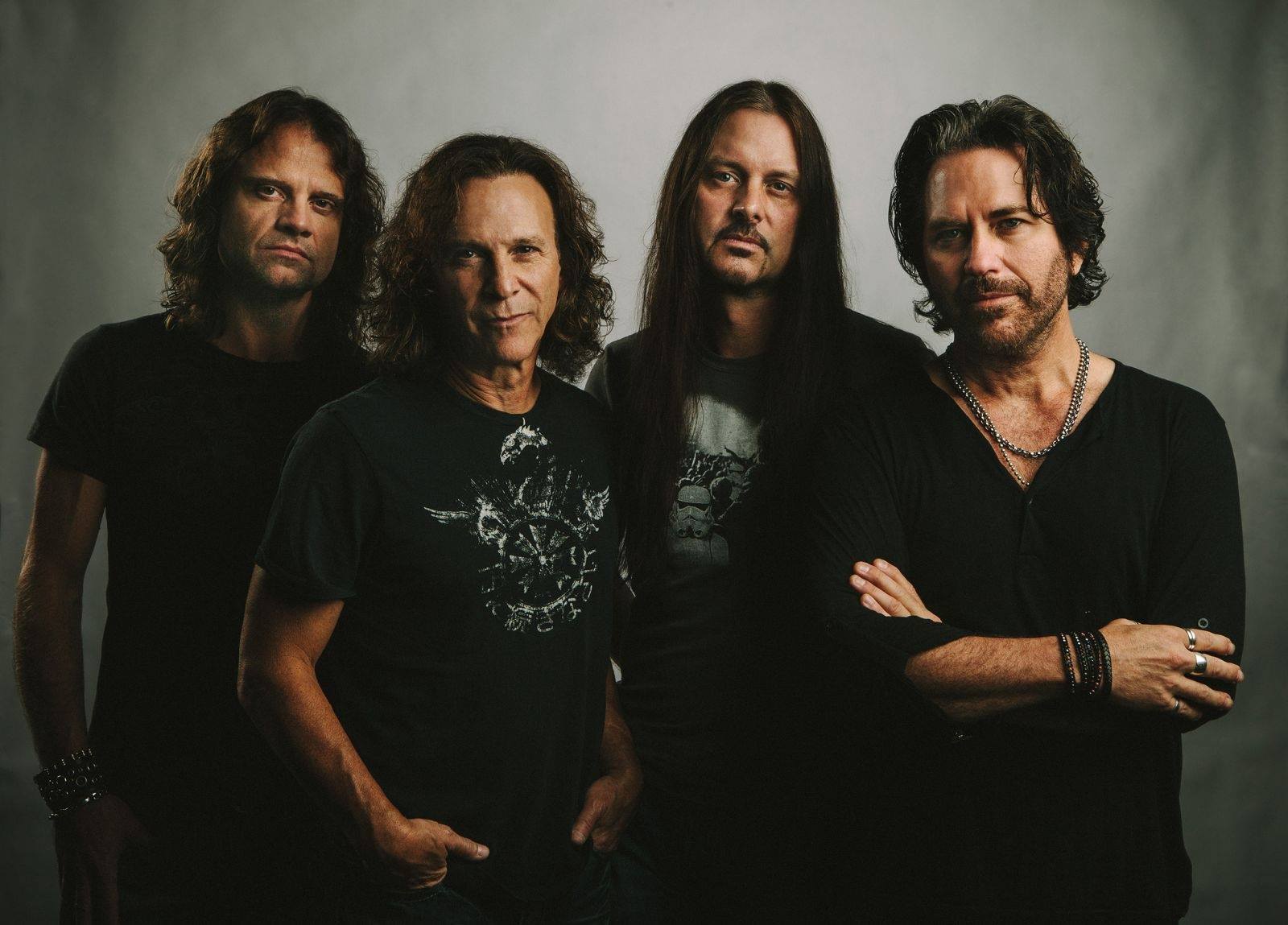
After forming in the late Eighties, Winger soared to success with their self-titled debut, a platinum-selling disc that included the hit songs "Madalaine," “Seventeen” and “Headed for a Heartbreak."
Their followup album, 1990's In The Heart of the Young, maintained the momentum with the successful singles “Can’t Get Enuff” and “Miles Away."
But the advent of grunge and changes in the musical climate, coupled with being the target of two notorious cartoon characters (Beavis and Butthead) eventually led the band to go on hiatus.
In 2001, however, Winger reunited, and they haven't looked back since. They repeatedly win back fans and critics through their relentless touring, strong musicianship and inspired songwriting.
Winger's new album, Better Days Comin’, which will be released April 22, is another testament to the band's legacy and perseverance. Guitarist Reb Beach — who also plays with Whitesnake — and vocalist/bassist Kip Winger have put together a collection of songs that combine tasty riffs, infectious grooves and unique arrangements. The band is rounded out by John Roth (guitar) and Rod Morgenstein (drums).
Better Days Comin’ is available for pre-order now (See the link below), with a deluxe edition that includes a bonus track and a DVD that features a "making of" documentary and videos for the album's first single, “Rat Race,” and the title track.
I recently spoke with Beach about the new Winger album and his early years and session work. He also gave me an update on his next solo album.
Get The Pick Newsletter
All the latest guitar news, interviews, lessons, reviews, deals and more, direct to your inbox!
GUITAR WORLD: It's been five years since the band's last album, Karma. Why such a long wait?
One of the things is scheduling. Rod [Morgenstein] is a professor at Berklee, John Roth is in Starship, Kip is doing classical music and scoring for orchestras and I'm in Whitesnake. So getting everyone together to do an entire record can be tough. But once we started, it all came together pretty quickly.
How would you describe Better Days Comin’?
It's kind of a cross between our last two albums, IV and Karma. It has elements of both. There's a very progressive song on there called "Tin Soldier," and then there are rock songs like "Rat Race" and "Midnight Driver of a Love Machine" a la Karma. The sound quality of this record, though, is one of our best. Kip does a large portion of the production and mixing.
What was the writing process like?
It's always the riff first. I'm very good at coming up with them, and as soon as I do, Kip knows exactly where to go with it. He has such an incredible knowledge of classical composition that he can create these really unique arrangements. He basically hears the whole song in his head.
Let's talk a little about your playing. What inspired you to first pick up the guitar?
I originally started out on piano and had thoughts of becoming the next Elton John [laughs]. I remember my mom had bought me an acoustic guitar that pretty much just sat under my bed because it hurt my fingers when I played and was just a pain in the ass. But then one day, I saw Kiss, and that was it. I said, "I want to do THAT!" [laughs].
How did you practice in your early days?
I used to just come home from school and play along to records. I actually learned a lot about how to play from the first Molly Hatchet record. I learned that entire album, front to back and used to play it every day. Eventually, I branched out and started getting into tapping.
How did you get involved in studio work?
I remember I was playing in a top 40 band in Fort Lauderdale. It was a good time, but I really wanted to write. So I went to New York and got my foot in the door at Atlantic Records. While I was there I did a session with Fiona, who had a record deal. Beau Hill was producing the album and wound up using me on everything he did after that. He also had Kip Winger on bass, and that was how we met.
Did the experience of studio work teach you anything?
Absolutely. I learned a lot about the art of recording and was playing on all kinds of stuff. But it got to a point to where the music I was doing started to become a drag. That was when Beau suggested I start a band with Kip, and that's what we did.
How did your relationship with Suhr guitars start?
I used to go to a place in New York called Rudy's Music Stop where Rudy Pensa had his Pensa guitars. They were all assembled and set-up by a guy named John Suhr who worked there. I remember John had this Koa body guitar that I just fell in love with. I thought it was the greatest guitar I had ever seen. So I took out a loan and I bought it. Over the years, I kept in touch with John and we eventually hooked up. His business is always growing. They're the finest guitars I've ever played.
What can you tell us about your upcoming solo album?
I've been working on it on and off for the past few years and am finally done with the writing portion. I have 10 songs that are all really good. It's very reminiscent of my Fusion Demos project. It's classy, jazz music with a rock edge. It will be my first instrumental album and has a sound I've been wanting to do my whole life.
When you look back at the legacy of Winger, what comes to mind?
Our friendship. That's the difference between Winger and so many other bands. We're all really good friends. Not only are the guys super musicians and so good at their craft, but they're also really cool people. It's great to be up there doing it as a team.
For more information:
• wingertheband.com
• Facebook
• Pre-order the album on Amazon.
James Wood is a writer, musician and self-proclaimed metalhead who maintains his own website, GoJimmyGo.net. His articles and interviews are written on a variety of topics with passion and humor. You can follow him on Twitter @JimEWood.
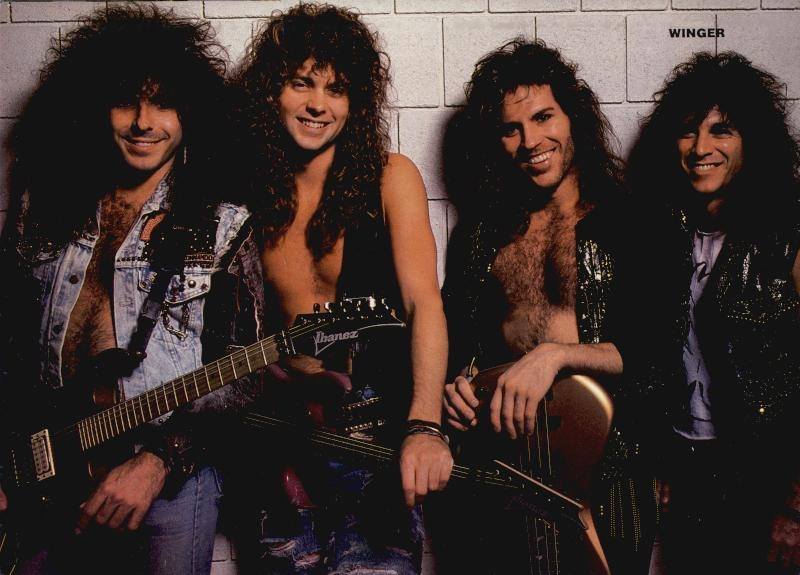
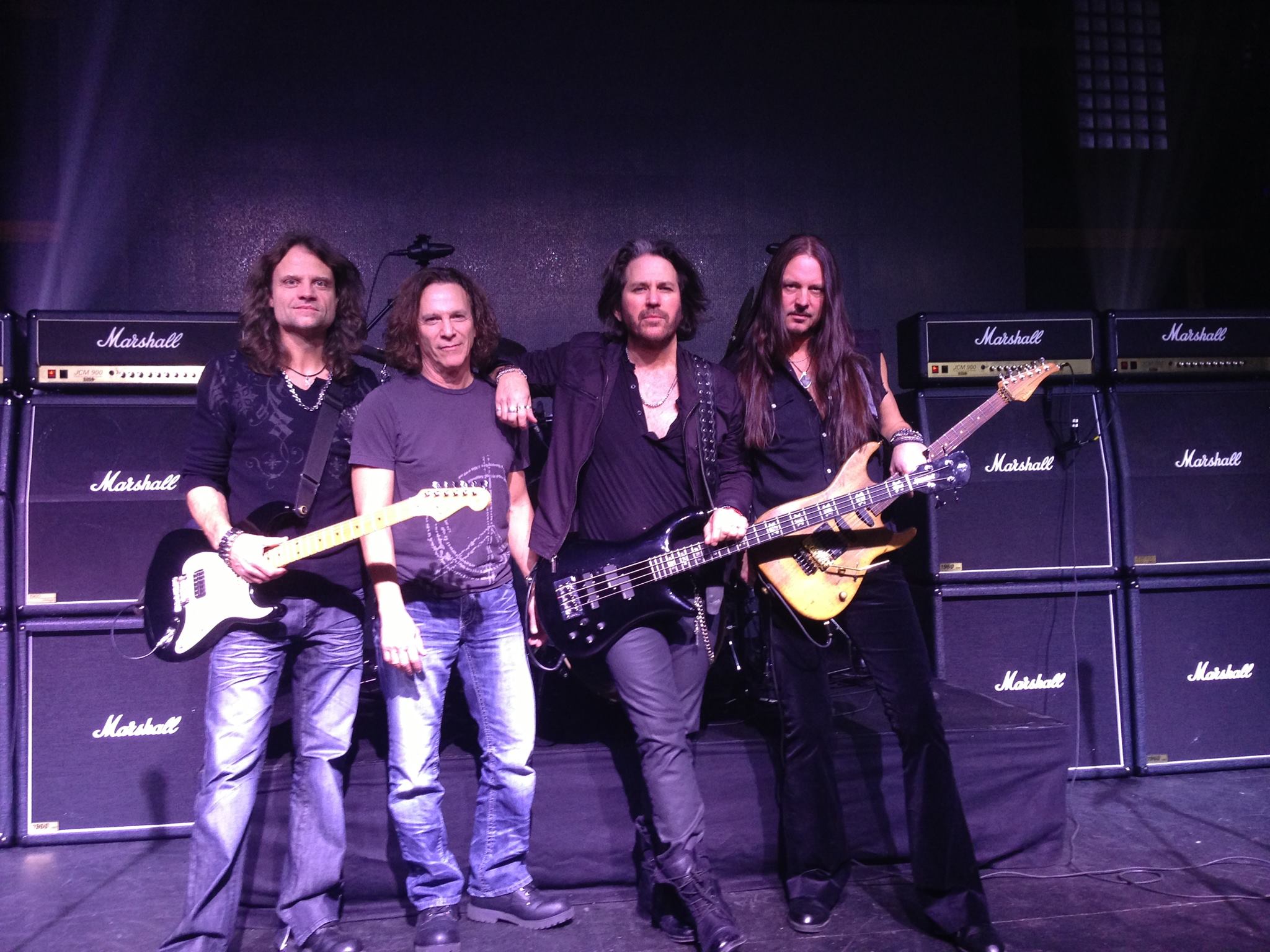
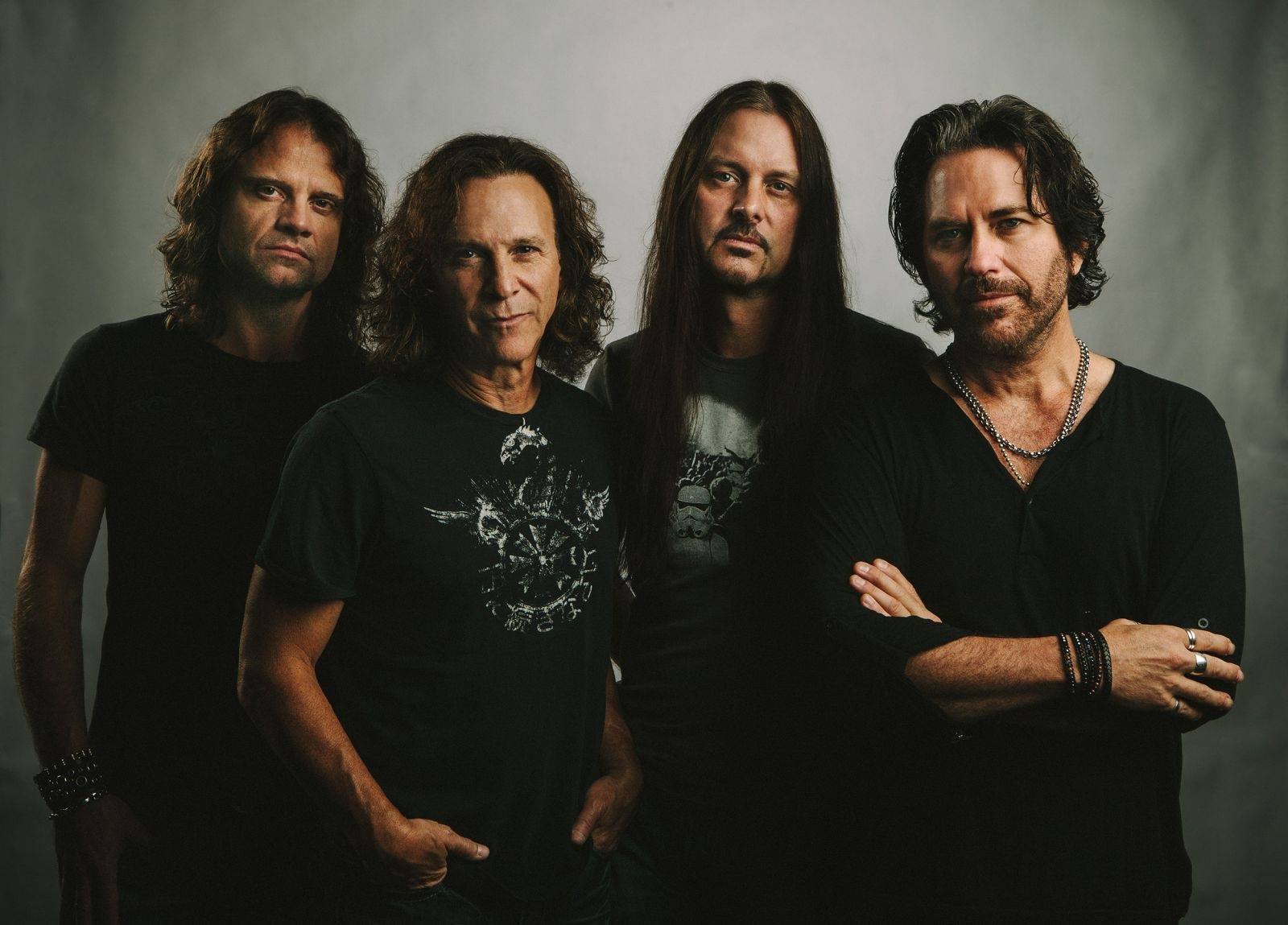
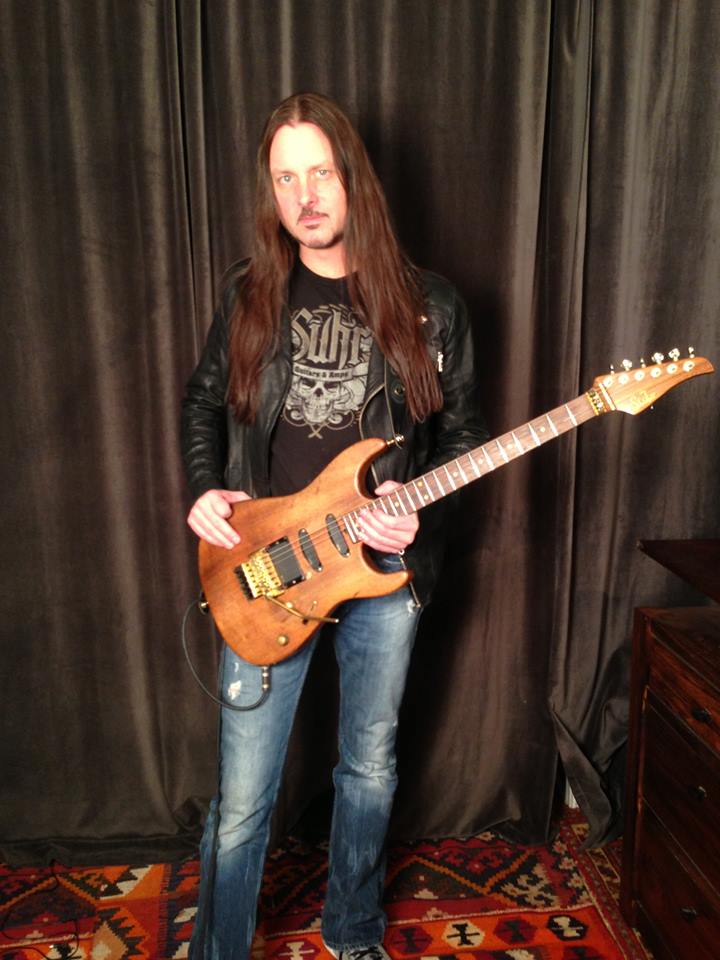
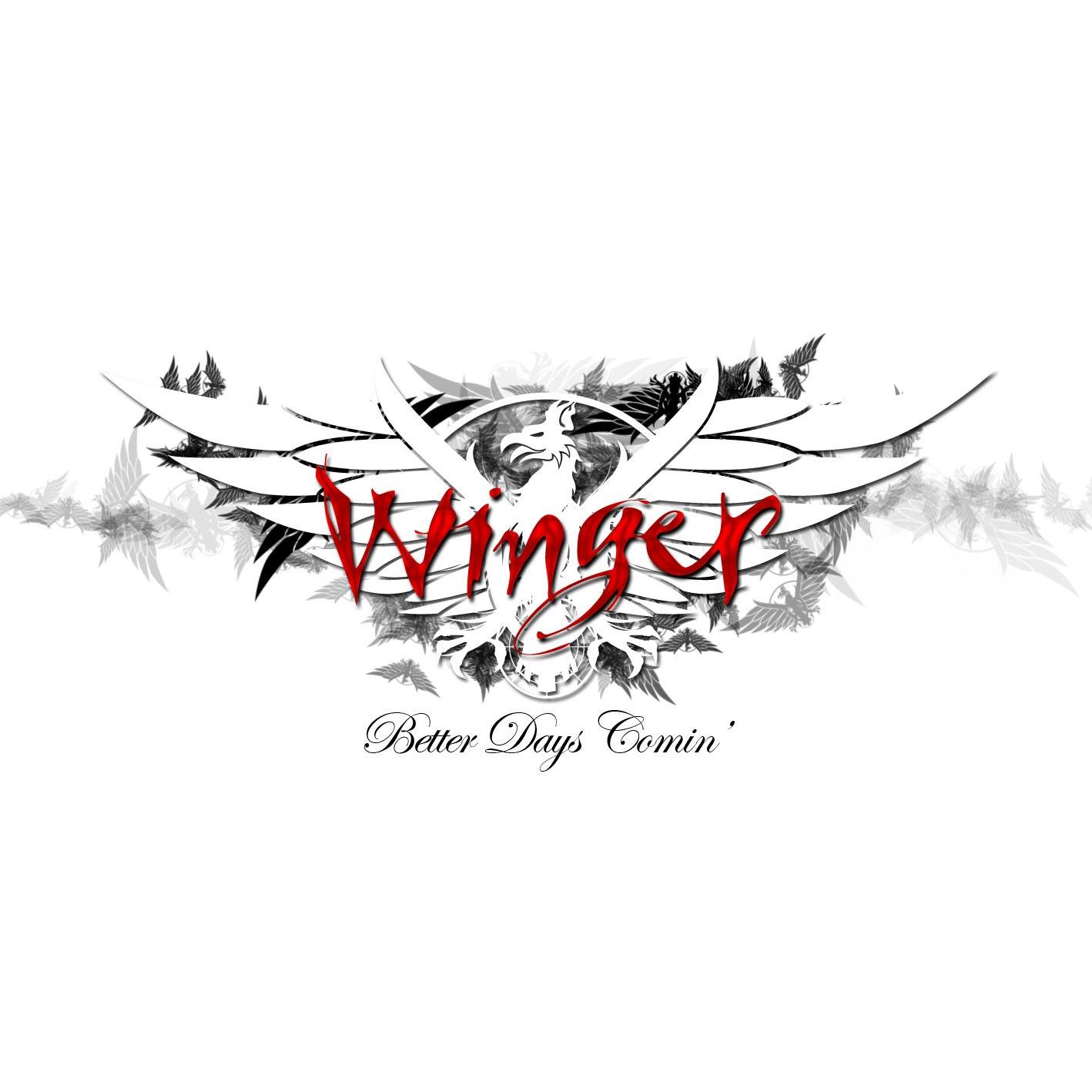
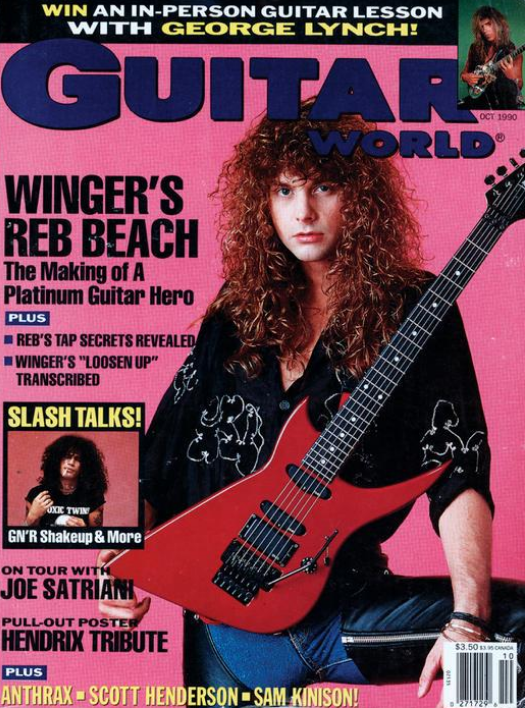
James is a guitarist and freelance writer who's interviewed some of the biggest names in music. He is the author of four books and his writing credits include work for Guitar World, AXS and Yahoo! as well as for his hometown newspaper where he writes on a variety of topics with both passion and humor. As a guitarist, he's performed everywhere from local bars and nightclubs to some of the biggest stages in front of thousands of music fans.
“There’d been three-minute solos, which were just ridiculous – and knackering to play live!” Stoner-doom merchants Sergeant Thunderhoof may have toned down the self-indulgence, but their 10-minute epics still get medieval on your eardrums
“There’s a slight latency in there. You can’t be super-accurate”: Yngwie Malmsteen names the guitar picks that don’t work for shred
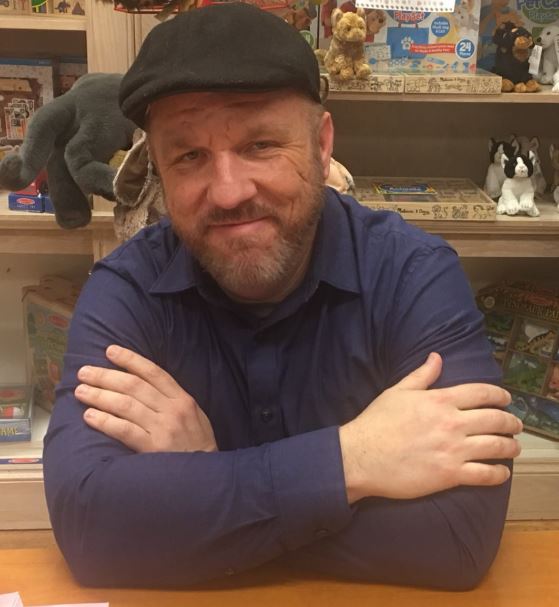

![A black-and-white action shot of Sergeant Thunderhoof perform live: [from left] Mark Sayer, Dan Flitcroft, Jim Camp and Josh Gallop](https://cdn.mos.cms.futurecdn.net/am3UhJbsxAE239XRRZ8zC8.jpg)







